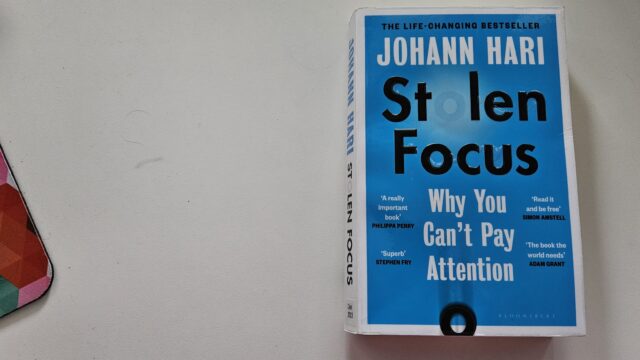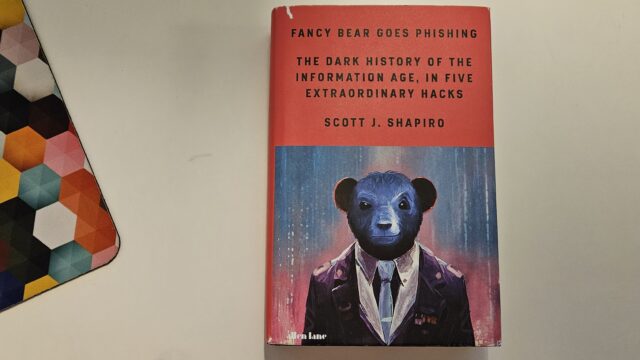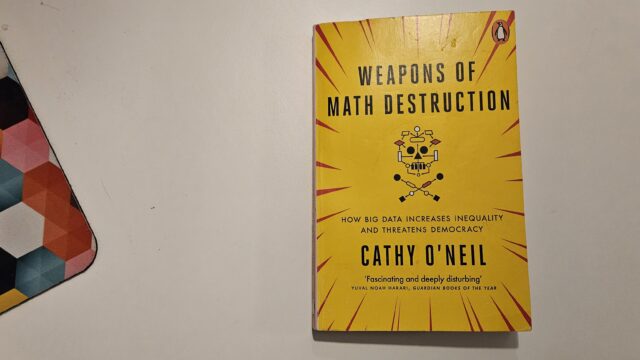I simply don’t have the time to review the books I read concurrently with papers and book chapters from the courses I study. Only in the last month, I’ve read about 30 papers on mining, Indigenous peoples, sovereignty and territory. So, Joy Buolamwini’s book Unmasking AI: My mission to protect what is human in a world of machines I actually finished in April last year.
Buolamwini is a computer scientist from MIT, who rose to stardom while doing research proving how artificial intelligence programs were trained on very skewed and distorted amounts of data. She mentions the Shirley card: a photographic standard with a white woman as the “ideal composition and exposure setting.” This is included in Brian Christian’s brilliant The Alignment Problem, the book where I found her name.
Overarching aims of the book
There are two important terms in the book. Algorithmic bias occurs when one is disfavoured or discriminated by an AI-program, and coded gaze is evidence of encoded discrimination and exclusion of certain people in technology. As Buolamwini does research on artificial intelligence in image processing, she discovers how algorithmic bias underlies many programs, and the coded gaze excludes her own face from being detected by an AI program.
I agree wholeheartedly with her overarching approach: artificial intelligence will not solve climate change, racism or poverty. In the words of Rumman Chowdhury, “the moral outsourcing of hard decisions to machines does not solve the underlying social dilemmas.” Buolamwini continues: “AI reflects both the aspirations and limitations of its makers.” We must take initiatives to also halt our stop tools.
Another important term is the AI functionality fallacy, normally called hallucination, which is, simply, when “the system doesn’t work properly,” though most people will be fooled by the program itself and believe it is working.
Facial recognition technologies are the core of her research, as she states “there are many different types of face-related tasks that machines can perform.” I’m grateful she separates face/facial detection and facial recognition. Not many people explain the difference, which can be tremendous. When a program can detect a face, it’s face/facial detection. Facial recognition is when the program can discern faces, separate them, and might even be able to see who is who.
Technological details
For being a book for lay people, she takes a pleasant dive into technological details of how artificial intelligence programs can work, on nodes and neural networks. She asks very important ethical questions, which constitute a cornerstone of this book and her fame: “Was the data obtained with consent? What were the working conditions and compensation for the workers who processed the data?”
Furthermore, she explains the importance of classification and strategic sampling of things and people. Being a student, her methods and choices of data collection are interesting. It matters much which data you choose and why you actually choose it. It needs thorough discussion in research. Motifs, reasons, usage should be transparent and well-comprehended by others.
The power of labeling – ground truth – is in the hands of a very few people. What is depicted in an image? Few people hold the power to classify people, animals, plants, cars etc, and the abilities such as gender, sex, skin tone. The world gets a little more static in the form of gender and sexual orientation, although people are more fluid, not a brand stuck in time.
Methodological issues
The publication of her master’s thesis had implications for people’s jobs in companies related to her research. This very thing we discussed in one of my courses: how do you justify publication of your research if people or organisations are named? Is it truly justified? Why do you want to achieve: Attention, improvement, a job? This is an issue for me, since she mentions she excluded the worst findings: that would’ve been complete heresy in the social sciences. You include the general and the deviant, you don’t unselect data. That would severely damage your credibility.
Affronted celebrity
She, among others, is, as she writes later in the book, excluded as a participant on 60 Minutes. She is affronted and aggrieved. Together with teams of people she writes a petition to CBS.
How many of us have “teams of people” signing a petition to a TV channel? In the book she mentions how she put at a lot of work into this participation, while also writing the last of her PhD dissertation. Funnily, we discussed this kind of behaviour in class : what happens to a researcher who’s used to stand in the spotlight, who’s used to be listened to? What happens when a researcher becomes an activist and a media star? Here, I think Buolamwini doesn’t see clearly, even when she admits she’s used to the spotlight.
It could be that we, in this regard, live in very different countries, since a researcher here couldn’t really do all the commercials, sponsor documentaries covering themselves and running organisations doing similar work to their research project. It could be that I’m a social scientist, so this kind of critical thinking is supposed to pervade our education. It could be that our self-confidence differs greatly. You simply can’t take yourself that much for granted. But I do clearly think that she couldn’t blame anyone but herself for doing too many things at the same time. There’s only so much one person can do and accepting limitations is necessary, without blaming others. Furthermore, I disagree with her on being excluded as a black woman only. Most likely because she can’t see her own privilege after all the media attention. How many people achieves this status after a few years? I know researchers who can’t even get published in local news because they’re deemed not interesting or irrelevant. I know researchers who perceive you as mainstream, lame and non-critical if you participate on commercial conferences, on TV and in commercials, that you’re part of the system you pretend to fight. Lastly, simply because you think what you’re doing is important, doesn’t mean everyone else will, or at least not all the time.
This is the only bad part of the book, but it is bad. Lamenting not being shown on national American TV, as if everyone famous is entitled to it, as if being famous for a cause equals the rights to be seen, heard, listened to.
All in all
Still, she’s impressive. During an ad campaign for Olay, she delves on the advantages and disadvantages of doing a campaign for skin care. It can seem shallow at first, but I definitely comprehend the reasons to do it. Women of colour are many times excluded, not being targeted as consumers. And why shouldn’t people want to look good, even if it depends on skin products? Why shouldn’t activists have the right to promote something they deem is important? To fight for inclusion and the right to be vain or good looking or whatever is part of democracy.









